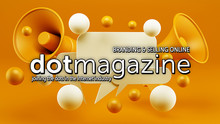
Feature "Brands"
doteditorial: Branding & Selling Online
This month, dotmagazine investigates less well-trodden paths to branding and brand protection, and the use of advertising and email in selling online.
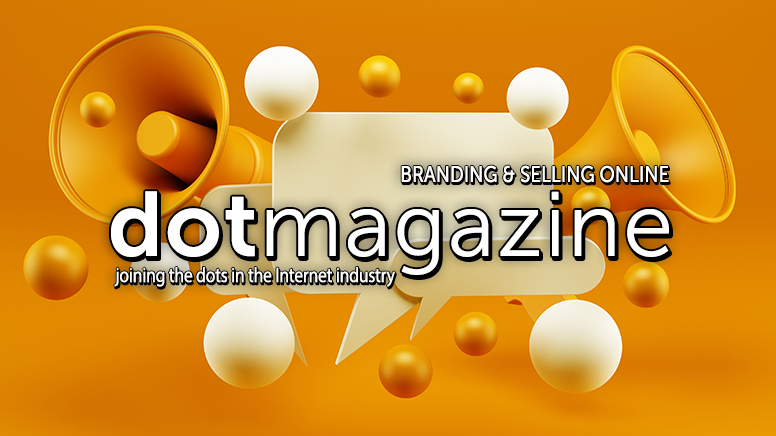

This month, dotmagazine investigates less well-trodden paths to branding and brand protection, and the use of advertising and email in selling online.

Branding is about more than just using a name, displaying a logo, or quoting a slogan, as Lucie Poisson explains. It may even help you to redefine your overall strategy.

Companies often forget crucial steps in developing a brand in the digital environment. Marie Le Maitre from CSC explains to dotmagazine how to build a branding strategy that incorporates the potential of digital tools.

dotBrands use their brand names to the right side of the dot in an Internet address. In this way, .brands work exactly like long-standing top-level domains such as .com or .de – but simultaneously open up a large number of new possibilities. Not only do dotBrands have a complete universe of Internet addresses open to them; they can also innovate new business models, expand their distribution channels, and align their online marketing activities. But how many dotBrands are there at present? And how exactly do companies benefit from their own top-level domain?
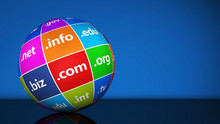
How valuable is a domain name to a brand? Very, says Martin Kuechenthal, CEO of LEMARIT – companies need to establish, monitor, and protect their brand names, through domain names, in cyber space.

dotmagazine interviews stakeholders from both sides of the ad blocking debate – Christian Bennefeld from eBlocker and Joerg Muehle from the publisher Heise Medien – to look at how the best interests of users can be served in online advertising.
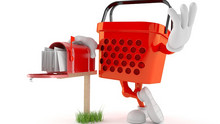
The power of transactional emails as direct customer communication is often overlooked by companies in favor of marketing emails. Julia Janssen-Holldiek, Director of the CSA, explores their importance and offers advice on getting them delivered.
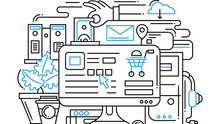
Emailing may be a basic tool for your marketing and customer communications, but is it your core business? Magnus Eén from Westwing describes how online companies can find their balance between in-house and outsourced expertise.

Media law expert Florian Daniel from DWF Germany looks at how the context of consent for advertising emails can lose relevancy and validity over time.

How One-Click protects the reputation of bulk mailers and prevents accidental unsubscription.

Social media in Germany may not be tapped into as regularly as in other markets. Therefore, companies should know their platforms and their target audiences and, most importantly, know how to address them.